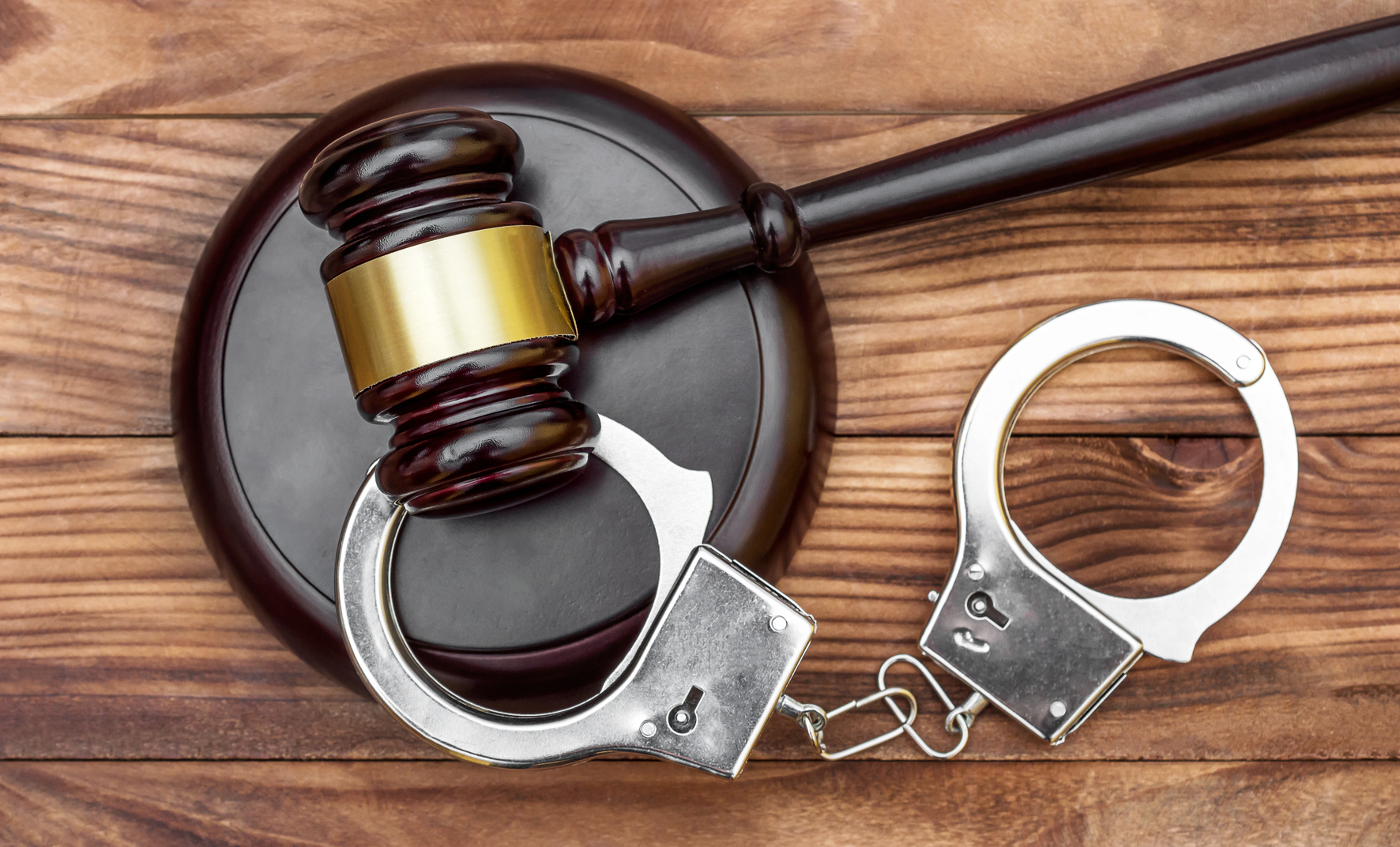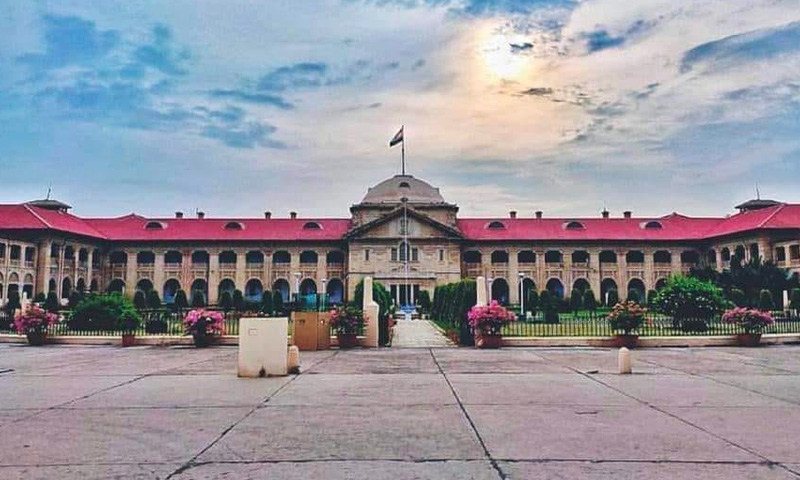
The First Information Report is registered under Section 173 of the Bhartiya Nagarik Suraksha Sanhita 2023 in case a cognizable offence is made out. Important…

The First Information Report is registered under Section 173 of the Bhartiya Nagarik Suraksha Sanhita 2023 in case a cognizable offence is made out. Important…

The primary purpose of this article is to provide crisp and useful information to all the people whose cases are pending before the Allahabad High…

The U.P. Gangster and Anti-social Activities (Prevention) Act 1986 (“Gangster Act 1986”) was enacted with the aim and objective of crafting special provisions for coping…

This article is inspired by a recent judgment of Allahabad High Court in Jitendra Kumar Mangla vs. State of U.P. and another. To read the…

A petition under Section 482 of the Criminal Procedure Code is filed before the High Court to invoke the inherent powers of the Court to…

Courtesy: Sudeep Kothavade Under Section 102 of the Juvenile Justice Act 2015, the Allahabad High Court deals with criminal revisions, whereby issues related to the…

Courtesy: Sudeep Kothavade The Hon’ble Apex Court in a recent judgment namely, Rajnish Kumar Biswakarma Versus State Of NCT Of Delhi & Anr, held that…

Courtesy: Sudeep Kothavade The Allahabad High Court faces significant challenges while dealing with matters related to police protection for inter-caste marriage couples and those in…

Section 483 of the Criminal Procedure Code 1973 provided for the duty of the High Court to exercise continuous superintendence over the Courts of Judicial…

Courtesy: Armaan Khanduja Article 226 of the Constitution of India empowers the High Courts to issue various writs, such as mandamus, quo warranto, habeas…
Courtesy: Deeksha Rao India is amongst a few democratic countries where ‘death penalty’ exists as a form of punishment. However, the punishment can only be…
Courtesy: Sheetal Pokhriyal The Scheduled Castes and Scheduled Tribes (Prevention of Atrocities) Act 1989 aims to protect the rights of individuals belonging to Scheduled Castes…
Government Appeals before High Court challenge the judgments of the trial courts where the court has acquitted the accused. Section 378 of the Criminal Procedure…
Ocular Evidence means oral testimonies by the witnesses in the criminal trial. It is a fancy word for oral evidence. As per Bentham, Witnesses are the eyes and…
An appeal against acquittal in a criminal trial is filed before the High Court under Section 378 of the Criminal Procedure Code 1973. In this…